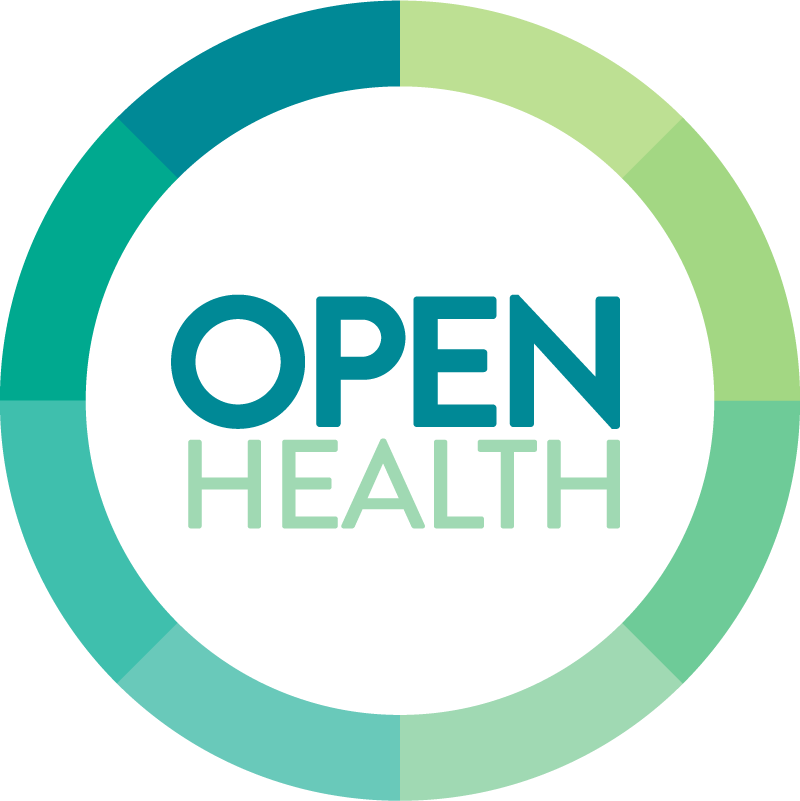It is no secret that our organization, Open Health Care Clinic, picked our name strategically with the above definition in mind. You may think to yourself, “Well, really, what’s in a name?” The LGBTQ+ community says, “A LOT.” LGBTQ+ individuals NEED you to intentionally select not only your organization name but waiting room magazines, signs, intake language, policy language, organization posters, social media campaigns, business locations, financial donations, financial contributions, etc. as if their lives depended on it because they do. Labels can be used to degrade and separate or acknowledge and empower if done properly. Use them in your policies and procedures language. Be deliberate about creating a work culture that provides quality care to LGBTQ+ individuals.
At Open Health Care Clinic, we INTENTIONALLY want you to feel that there are no restrictions on who we will see or why we will see them, especially regarding the LGBTQ+ community. As we are entering LGBTQ+ Pride month, it is fitting to address the glaring behavioral and physical health disparities that the queer community faces daily (and what to do about it). This blog is a rallying cry not for the LGBTQ+ community, but to the health care community that has neglected the queer community’s needs for too long.
The CDC highlights this in their report on the health of LGBTQ+ youth mentioning that LGB students are more likely to be bullied, contemplate suicide, deal with depressive symptoms, and use substances. Youth are dealing with all of this BEFORE the age of 18. The above health issues arise largely due to the rejection that occurs within a youth’s environment (school, work, doctor’s office). The Trevor Project found that just ONE supportive adult can help save an LGBTQ+ child’s life. A child’s doctor can provide that life-saving support.
All the above risk factors that are attributed to LGBTQ+ youth also carry into adulthood along with several physical health disparities. As adults, LGBTQ+ individuals experience a higher risk of certain conditions, have less access to health care, and have worse health outcomes than that of their “straight”, cisgender counterparts.










